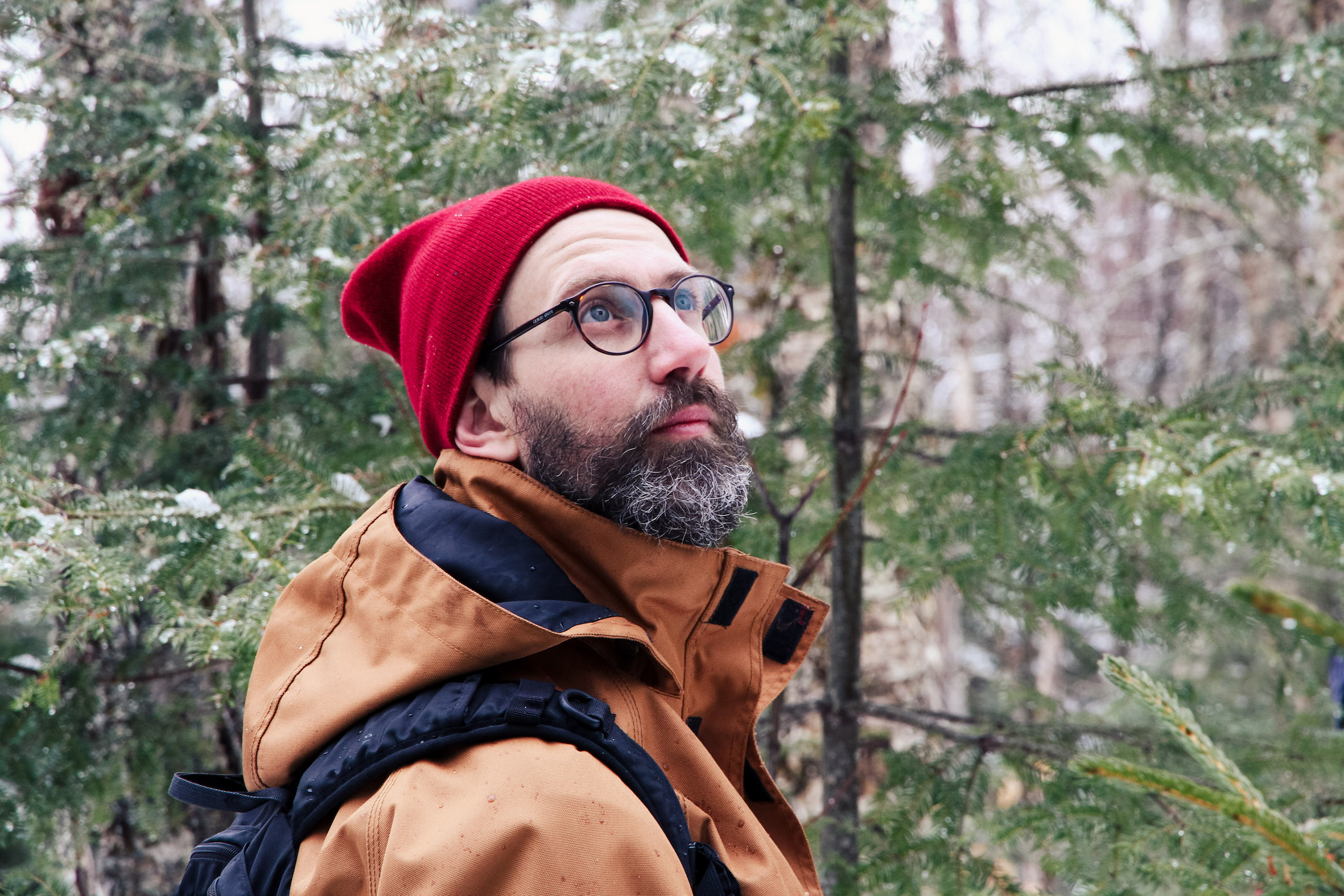Protecting Forests and Supporting Rural Livelihoods
By Monica Allaby, Posted on March 31, 2021
Community Forests International is helping family forest owners lead nature-based solutions to climate change.
There are more than 80,000 family forests across the Maritimes Provinces. Stewarding these forests for carbon storage could make a significant contribution to climate change mitigation, but family forest owners in the region face challenges pursuing ecological forest management. This is why Community Forests International is working to make the emerging market for ecosystem services, such as carbon offsets, more accessible to family forest owners.
A carbon offset is a reduction in carbon dioxide emissions typically made in order to compensate for emissions made elsewhere. Recently, there has been a lot of important debate about whether carbon offsets are a meaningful way to slow and reverse the climate crisis. When we first began our journey with carbon offsets ten years ago, there were very few inspiring examples of high-integrity projects. The fact that carbon offsets are getting attention now is a good thing; we believe this scrutiny will only make carbon offsets better as one of the many tools we have to address climate change right now.
Community Forests International built its first forest carbon offsets project in 2011, and to date, has protected more than 1,200 acres of mature forest by measuring, quantifying and selling offsets to businesses that have sustainability at their core. We have sold these offsets through the voluntary market — that is, by partnering with businesses that are under no obligation to offset and are doing so for voluntary reasons. To date, our clients have included sustainable architecture companies and Certified B Corporations. These are companies that are steadily reducing their emissions and want to take responsibility for their unavoidable emissions by storing them in forests. These are companies that we are proud to work with and that are genuinely committed to positive change.

Zach Melanson has been leading Community Forests International’s work to build an aggregated carbon offsets project.
With the support of the Investment Readiness Program, we are now working to make this market opportunity viable for small family forest owners by building an aggregated carbon project. Since we developed our first carbon offsets project, we’ve been working to find ways to make conservation-based economic opportunities like these available to family forest owners. Unfortunately, it is almost impossible for small landowners to access carbon markets on their own — individuals simply don’t have enough land to make carbon offsets feasible. But aggregated carbon projects allow family forest owners to pool their lands together into a single project, reducing the economic and technical barriers.
This project will allow the family forest owners involved to manage their forest with ecological integrity while still generating an income. It’s a vision we have working towards since we began innovating in this space that includes everyday people in addressing the most important challenge of our time.
Over the past year, Community Forests International has completed substantial preparatory work, including determining the methodology and financial model for the project. We have also worked with experts to create preliminary forest carbon inventories and management plans for ten landowners who collectively manage almost 5,000 acres of land.
Carbon offsets aren’t the solution to the climate crisis; they are a tool we have at the moment that can help protect the natural ecosystems we depend upon and support the people who are most connected to them. We look forward to sharing updates as this project comes to fruition. If you’d like to stay up to date with our progress, please sign up for our newsletter today.
This project is supported by the Investment Readiness Program, which is funded by the Government of Canada’s Social Innovation and Social Finance Strategy.
